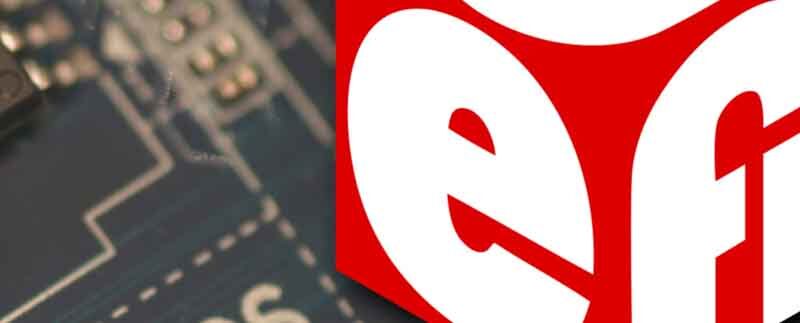UEFI (Unified Extensible Firmware Interface) is a replacement for the traditional BIOS (Basic Input/Output System) firmware that is used to initialize a computer’s hardware during the boot process. UEFI firmware provides a more modern and flexible interface than BIOS and includes support for advanced features such as secure boot, networking, and remote management.
UEFI firmware version 2.0 is the minimum requirement for Microsoft Windows 11. It includes several new features and improvements over the earlier versions, including support for larger hard drives (over 2 TB), faster boot times, and improved security.
UEFI 2.0 includes a Secure Boot feature that helps protect against malware and other malicious software during the boot process. Secure Boot checks the digital signatures of the boot loader and operating system, ensuring that they have not been tampered with or modified. This helps prevent unauthorized software from running on the system and protects against rootkits and other types of malware.
UEFI 2.0 also includes support for GPT (GUID Partition Table), a modern partitioning scheme that replaces the older MBR (Master Boot Record) system. GPT allows for larger partitions and more efficient use of disk space, and is required for drives larger than 2 TB.
Overall, UEFI firmware version 2.0 is an essential component for modern computers, providing improved security, faster boot times, and support for advanced features such as secure boot and GPT.

